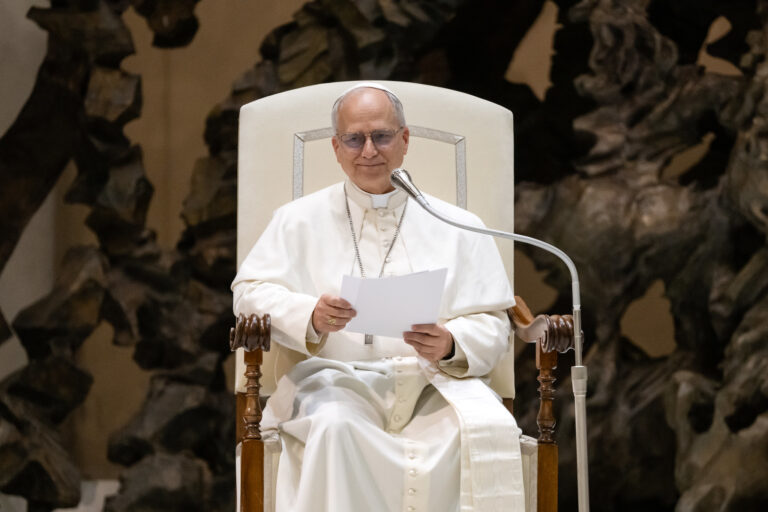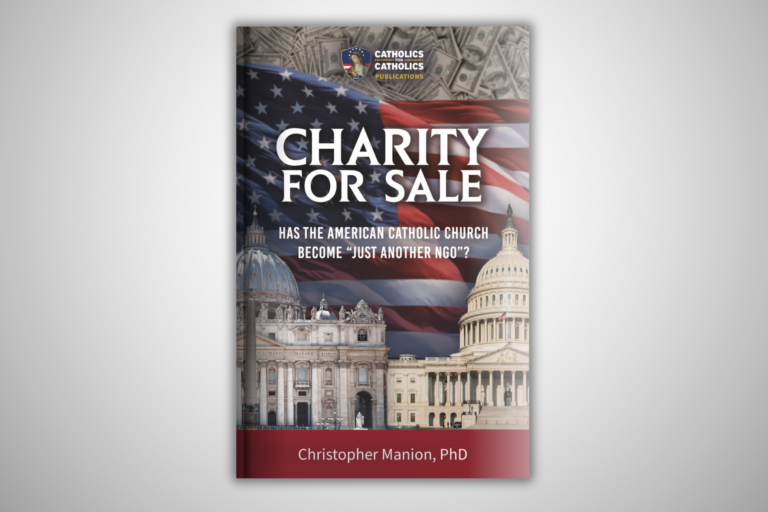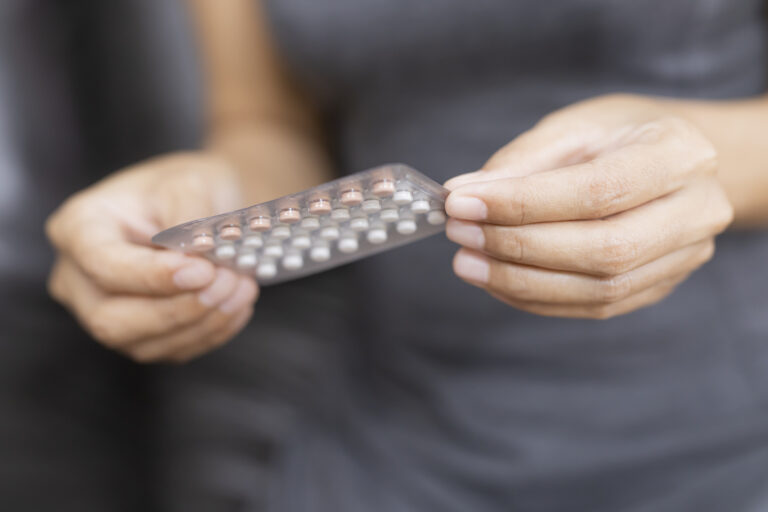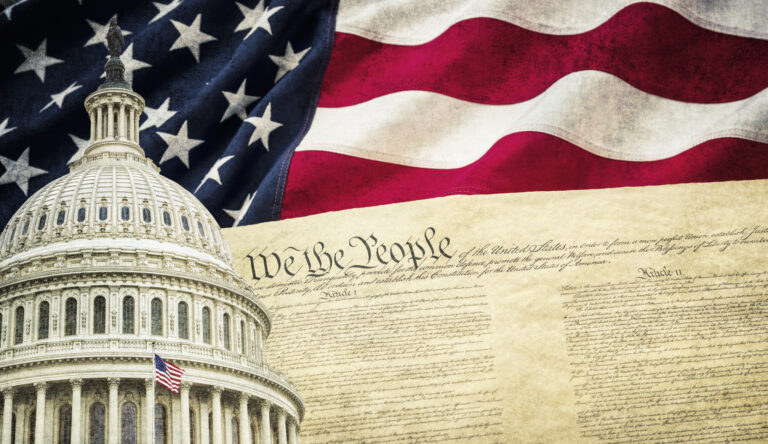There are no abortions in Panama, except under carefully specified voluntary procedures for the sake of the mother. Abortion in all other cases is illegal. The penalties are severe for violators. The Panamanians use the word “clandestino” for what we call “back alley” or “clothes hanger” abortions. Yes, these occur, but not often, usually by travel abroad, traditional or alternative measures, or payment to a cooperative physician. There are no available comparative statistics concerning legal versus illegal abortion. The motive is quite clear among those who illegally practice it, the sole incentive being profit.
In one northern state of the country some years ago, a doctor had installed an aspirator in a Caja de Seguro Social hospital, allegedly for the purpose of carrying out abortions. Hospital authorities summarily removed the apparatus and fired the doctor. There was no controversy. The issue was cut and dried, never to be repeated, such is the soundness of public and medical opinion in favor of life in Panama. This story came from a doctor who was an eyewitness.
Problem Data
A 2005 poll revealed that 89.4% of respondents oppose abortion in Panama. The question was straightforward: “Do you agree or disagree with abortion?” The picture emerging from these sources strongly suggests that the Republic of Panama is positioned to resist anti-life pressures both from within the country and coming from without. This same pro-life theme carries over into understanding and protecting the family, since the same poll also revealed that 78.8% of respondents disagreed with same-sex marriage. A very low percentage (12.4%) declared themselves “indifferent.”
Two Treatment Sources
Caja de Seguro Social is part of the Panamanian variety of socialized medicine. The other part is a hospital system run by the Ministry of Health called Centros de Salud. These two sources of medical treatment have partly overlapping missions because of historical developments. They have evolved their own practices encompassing a full gamut of cradle-to-grave treatment for citizens of Panama. A woman may have her tubes tied if the family has three or more children but only with the signature of her husband. Condoms, ligations, copper “T,” and other contraceptives are offered free. Norplant, Depo-Provera and other drugs not approved by the U.S. Food and Drug Administration (FDA) are available in pharmacies without prescription, but the person must pay. Because of the historical U.S. presence in Panama, the medical establishment usually follows the findings of the FDA.
Family Planning
Family planning is taught by the Centros de Salud, supported by the Asociacion Panamena de Planificacian Familiar (APLAFA), a non-governmental organ. The U.S. Peace Corps attempted to increase the use of contraceptives, but the initiative foundered because the drugs were not free and because certain Indian populations considered the program interference in their internal affairs. Natural family planning is successful. The Billings Method was imported from the United States around 1990 when a group went to New Orleans for training.
Private doctors are available but the poor must go to the Caja de Seguro Social for medical treatment. There do not appear to be abuses in this system, as there are in other Latin American countries. The poor are thus protected in Panama by a system of checks and balances from coercive population control abuses such as those practiced until recently by Peru’s government under Alberto Fujimori.
This gratifying pro-life picture is further brightened by a perusal of the legal consequences of abortion. Chapter III of the Panamanian Penal Code deals with “aborto provocado.” A woman procuring an abortion may receive one to three years in prison. The minimal sentence for a man who procures a consensual abortion with a woman is three years in prison. Various circumstances such as the accomplice being the husband, or a resultant death of the woman, increase the prison term. If the woman consents to the abortion in the cases of rape or health, the above penalties do not apply. However, the crime or incidence of rape must be a matter of record with the police, and have occurred within the previous two months. If jeopardy to maternal health is advanced, the Minister of Health will convene a multidisciplinary commission to examine the matter and authorize the abortion. In any event, all abortions will be performed in a government hospital by a doctor.
Panama seems unique in its institutional clarity in opposing abortion as culturally abhorrent. Other Central and South American countries have at the national level something called Consejo National de Poblacion, or CONAPO. This council of government coordinates all national level agencies, commissions, and ministries regarding population issues with the purpose of controlling population. Reportedly the various CONAPOs came into existence in the ’70’s in certain countries at the behest of the United States, agencies of the United Nations and other pro-abortion groups on the world stage. The various population councils provide national contact points for non-governmental organizations and world bodies to influence population, historically in a downward direction. Panama does not have a CONAPO.






